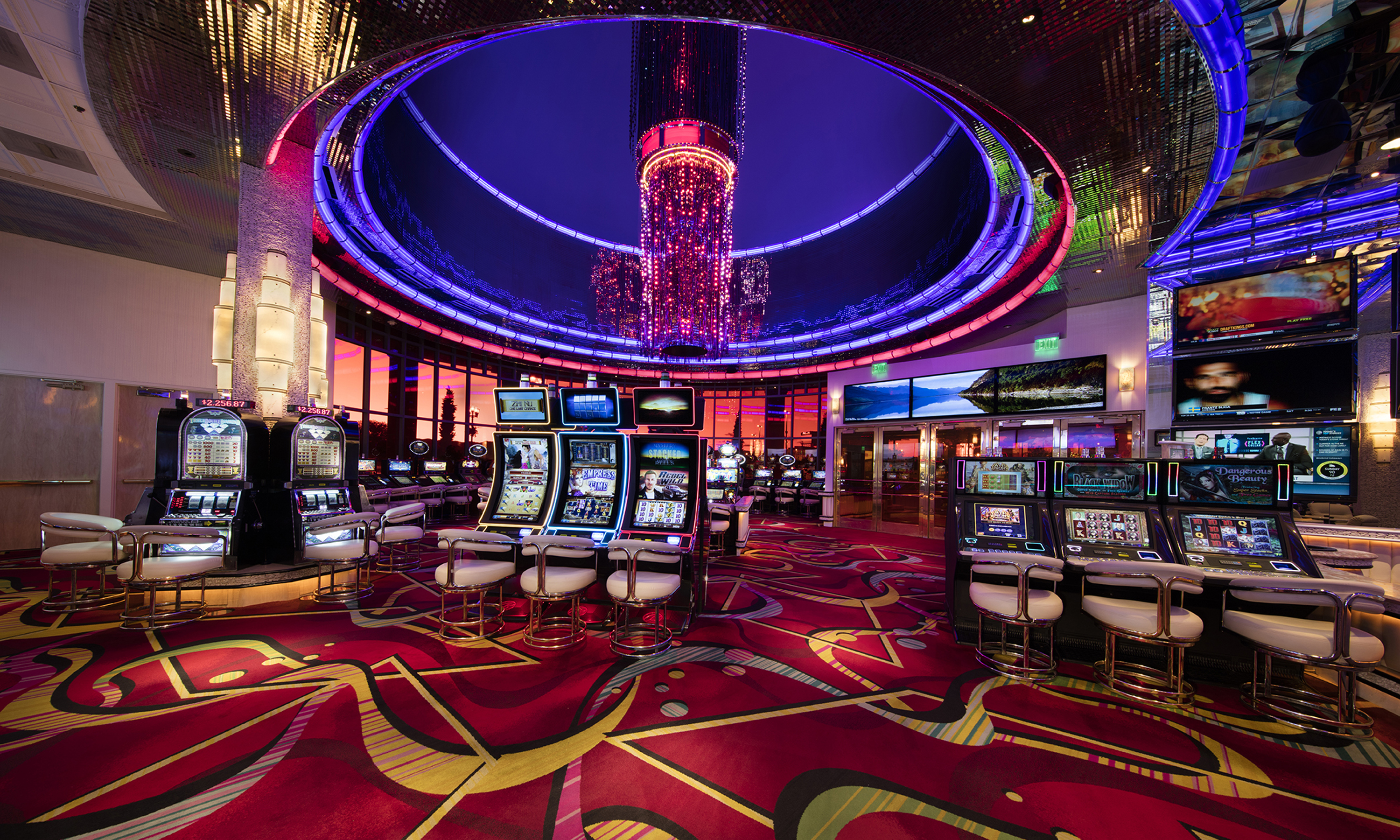
Casino games have long been an integral part of human culture, delivering not just entertainment but a captivating reflection of our aspirations, dreams, and concerns. From the turning reels of a slot machine to the skill-based strategies of poker, these games encapsulate a variety of human sentiments and events. At their core, casino games are not just a chance to win money; they are a reflection of life itself, where risk versus reward converge and luck can change in an eye blink.
As players gather around tables or sit in front of brightly lit machines, they engage in a tradition that transcends mere gambling. These games echo our innate desires for connection, excitement, and the quest for chance. They also disclose deeper truths about human psychology, such as our relationship with chance and the excitement of the unknown. In exploring casino games, we uncover not only the rules of play but also the intricate pattern of the human journey, showcasing our woven narratives of goal and reality.
The Psychology of Gambling
Wagering is intrinsically connected in the psyche of individuals, appealing to various feelings and wants. The thrill of risk-taking is a fundamental aspect that draws players in, be it it’s thrill of spinning a roulette or the anticipation of drawing a winning card in poker. This rush of adrenaline is frequently likened to other forms of thrill, as the uncertainty of outcomes elicits a unique psychological response. Gamblers often become captivated by the chance of winning big, leading to an irresistible draw toward gambling games.
Additionally, an essential component of the psychology behind gambling is the concept of hope and aspiration. Players often indulge in dreams of financial freedom and the opulent lifestyle that can follow winning. This optimism fuels their ongoing participation in casino games, as it provides a sense of purpose and the conviction that a transformative win could be just one wager away. The narrative of overcoming odds and achieving success resonates with many, reinforcing their dedication to play and engage with these games.
Lastly, social dynamics play a significant role in gambling psychology. Gambling venues are designed to foster social interaction, where gamblers gather to share the experience of wins and losses. This communal aspect not only amplifies enjoyment but also influences behavior, as individuals often mimic the actions of others around them. The social validation found in mutual thrill can magnify the emotional experience, making casino games a reflection of not just personal desires but also shared involvement within the gambling community.
### Risk and Reward: A Double-Edged Sword
Gambling games embody the delicate balance between danger and gain that resonates profoundly with human psychology. The excitement of placing a bet is often accompanied by a rush of adrenaline, as participants are confronted with the possibility of a huge payout, yet fully aware of the possibility to suffer losses. This dual experience reflects a essential aspect of life: the choices we make often come with built-in risks, and the quest for benefit can drive us to embrace risks we might not normally consider. In this way, gambling activities reflect real-world choices, enticing players to gamble not just their money, but also their dreams. F168
The allure of big prizes and payouts fuels a sense of optimism, motivating gamblers to imagine a more promising future that could manifest from a fortunate turn of the wheel or dealing of a hand. This positive outlook can drive individuals to engage in riskier behaviors, urging them to push their boundaries in search of monetary success. However, just as in life, the outcomes of these risks can lead to both victory and despair. The narratives of both jackpot winners and those who have suffered everything at the tables demonstrate the chaotic nature of luck and its impactful repercussions on our futures.
Ultimately, the interaction of engaging with gambling activities serves as a vivid illustration of the human condition. Every round played is filled with the tension of uncertainty, as players weigh the gains against the risks. This dynamic not only highlights the thrill that comes with gambling but also unveils the weaknesses that come with the urge for more. As we explore the complexities of decision-making and results in both the gambling world and in life, we find that the quest for gain shapes our character and lives in significant manners.
Community and Loneliness in Gambling Environment
Casino culture is a distinct mix of social engagement and individual pursuit, reflecting the contrasts of individual experience. Gamblers often gather around tables, experiencing in the excitement of the action, rejoicing in wins, and sympathizing over losses. This communal aspect is essential, as it fosters a sense of belonging and bonding among diverse groups of people. Regular visitors to gaming establishments may build friendships and establish routines, turning the casino into a second home where they experience linked to a larger community of players.
However, the allure of casino activities can also result to isolation. As individuals become immersed in the excitement of gambling, they may withdraw from personal connections or fail to interact with the world outside the casino. For some, the pursuit of a windfall can distract from genuine connections, leading to isolation. The experience of being among others yet feeling solitary is not rare, as the attention shifts from shared enjoyment to the individual concerns of each individual’s path.
This interaction of community and isolation creates a rich mosaic that defines gaming culture. It showcases the intricacy of social interactions, where happiness and sorrow coexist. Casinos serve as both a sanctuary for social interaction and a platform for individual challenges, demonstrating how intimately entwined our desire for companionship and the personal quest for wealth can be. In navigating this landscape, players confront their own narratives—seeking both the thrill of the game and the fellowship of other gamblers, eventually reflecting the broader spectrum of individual experience.
